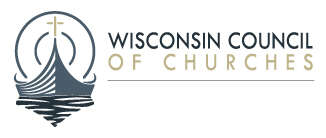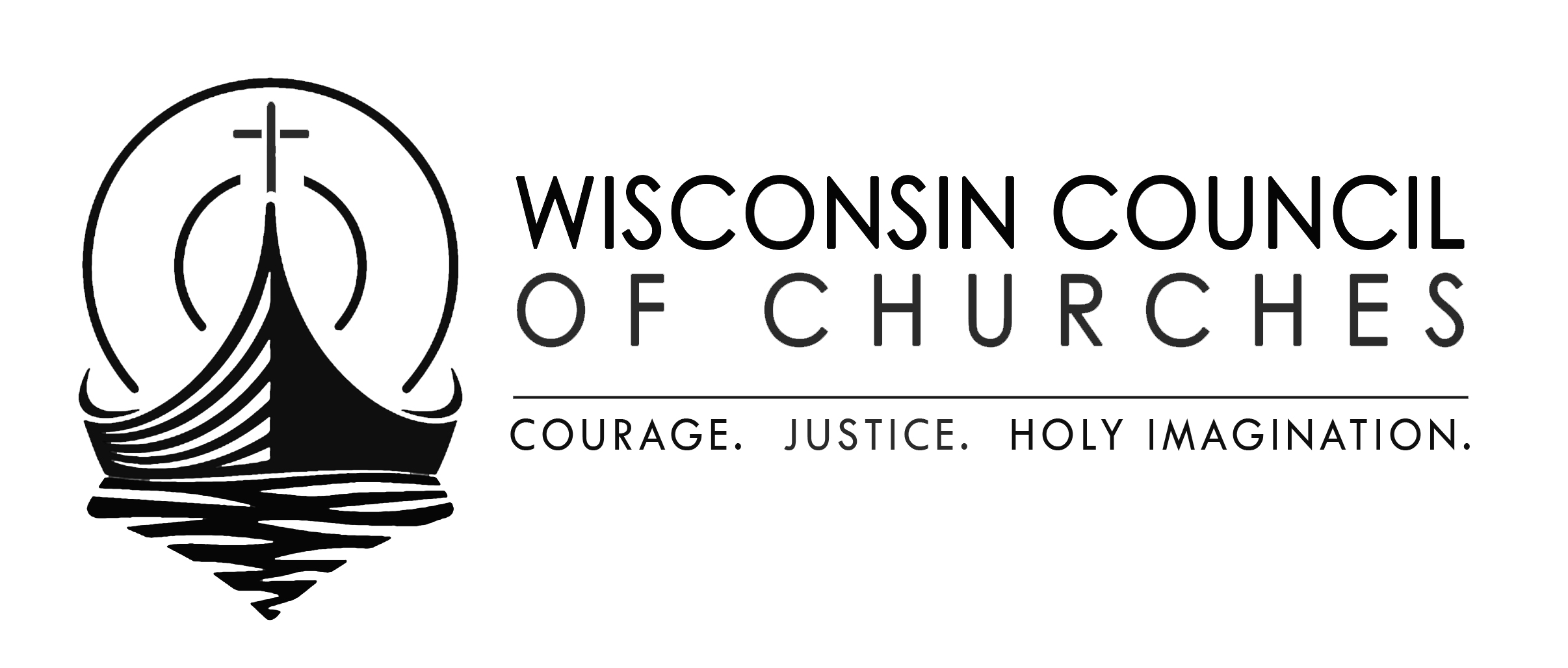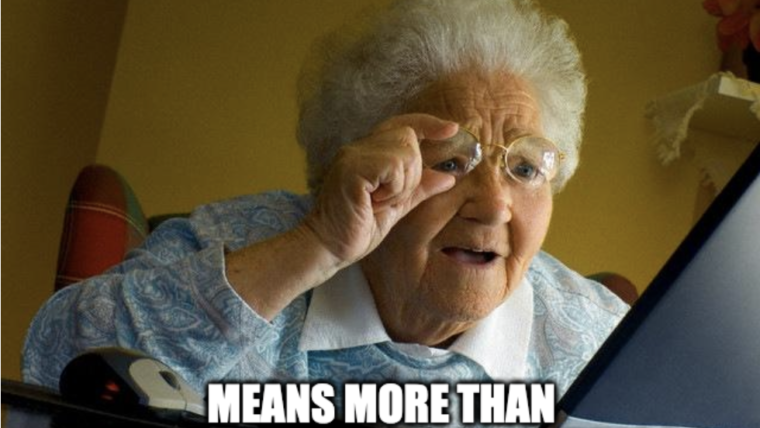Get Proud, get WISE
988 is a lifesaver
July is Disability Pride Month.1 If you haven’t read Nicole Herda’s excellent article in the WCC eNews, you really should. I’ll borrow a bit from her to explain what Disability Pride Month is and does:
Disability pride celebrates the full humanity of people with disabilities. It’s not a holiday officially recognized in the United States, but has been celebrated since 2004 in Madison, Chicago, New York, and Los Angeles. July was chosen because the Americans with Disabilities Act (ADA) was passed on July 26, 1990, prohibiting discrimination against people with disabilities including in employment, transportation, public accommodations, and communications. It meant that people with disabilities must have access to state and government services.
Again, if you haven’t read the whole thing, you owe it to yourself to do so. She explains the importance of the month, and why accessibility is such an issue in the church world.
And though it’s late in the game, here are some suggestions for celebrating Disability Pride Month.
What is 988, and what does it do?
Without meaning to slight the importance of physical disabilities, I had been planning to write this week about the disabilities that arise from mental illness. Or more properly, efforts to support the people who live with them.
That’s prompted by two things. First, July 16th marked the first anniversary of the national 988 Suicide & Crisis Lifeline and its local form, the Wisconsin Lifeline. 988 replaced the 10-digit National Suicide Prevention Lifeline in 2022. Since then, it’s received 5 million calls, texts and chats, connecting people in crisis to counseling, suicide prevention and other resources.
Three things to know about 988:
-
-
- Not nearly enough people know about it. If you’re a pastor, please keep the resource handy in case of need. Also consider publicizing it in the congregation. (See graphics below.)
- Wisconsin currently has a lower-than-average response rate. That means calls are going to a nationwide overflow hotline. But that doesn’t mean you shouldn’t use it. The state of Wisconsin says it’s working on adding staff to meet the need.
- A staggering 1,000,000 of the total calls nationwide have been veterans seeking help. They are a population in need of and deserving special attention and support.
-
For a deep dive on 988 and how it’s worked in the past year, see this report on the KFF site.
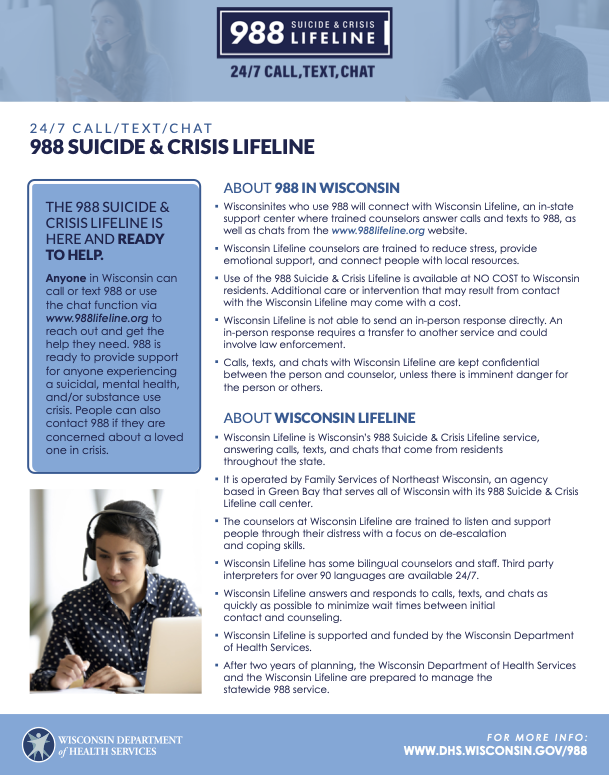
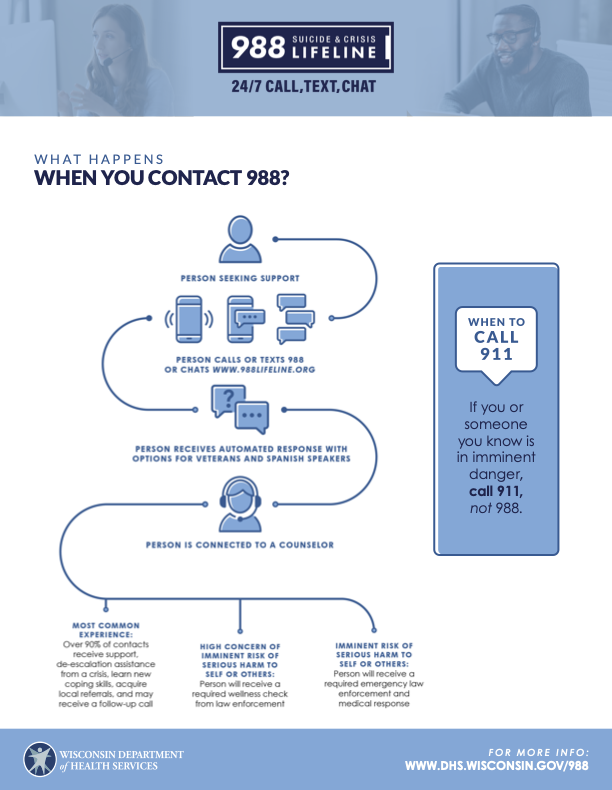
WISE Churches
Second, I recently bumped into Lisa Hart of the Wisconsin Conference of the United Church of Christ. Hart, who works on faith formation and justice ministries for the Wisconsin Conference, also spearheads the state WISE Mental Health Network.
WISE churches and other organizations seek to become “Welcoming, Inclusive, Supportive, and Engaged in the Mental Health of the community and the wider world.” Several churches in Wisconsin have either completed or are working on the WISE designation. The Conference itself has begun to explore the possibility.
You can read more on the WISE page, but to give you a sense of their approach, let me give you a thumbnail:
-
-
- Welcome: Create a welcoming environment for people with mental health challenges and their families.
- Inclusion: Include people with mental health challenges and brain differences in the life of the congregation and ensure worship is a safe space to speak on mental health issues.
- Support: Provide support for people with mental health challenges and their families.
- Engagement: Provide outreach and educational opportunities both within the congregation and throughout the larger community.
-
There’s a pdf guide to becoming a WISE congregation that explains the process and offers suggestions for tackling the points above.
Mental Health Ministry
There are many other resources available on mental health ministry. I’ll list them below. But! The WISE process is not UCC-specific. It’s not even church-specific. So if you’re in the market to become a supportive organization, check it out and get in touch with organizers. They’ll be happy to hear from you, and you’ll feel good about it.
Here are those resources I mentioned:
-
-
- Presbyterian Mental Health Network (the PCUSA also offers seed grants to start mental health ministries)
- Episcopal Mental Illness Network
- Resources for Mental Health Ministry from the United Methodist Church
- A social message and study guide from the ELCA
- The Interfaith Network on Mental Illness
-
Please let me know if I’ve missed networks or groups working on mental health ministry, especially within the denominations. I’ll be happy to share the information.
1Big ups to our friends at the La Crosse Area ELCA Synod for alerting us to Disability Pride Month. Next year, we’ll get the resources out there earlier, I promise.
The Links
-
-
- Wastewater and some other COVID indicators are on the rise again. So far and thanks be to God, excess deaths aren’t. What does this mean? Epidemiologists aren’t sure, but it’s good to keep an eye open.
- As a reminder, Badgercare/Medicaid redetermination is now in full swing. If the “Not-so-Great Unwinding” is likely to affect people you serve, please let me know. One of our partners offers a presentation explaining the process and how to negotiate it. They’d be more than happy to meet with you.
-
